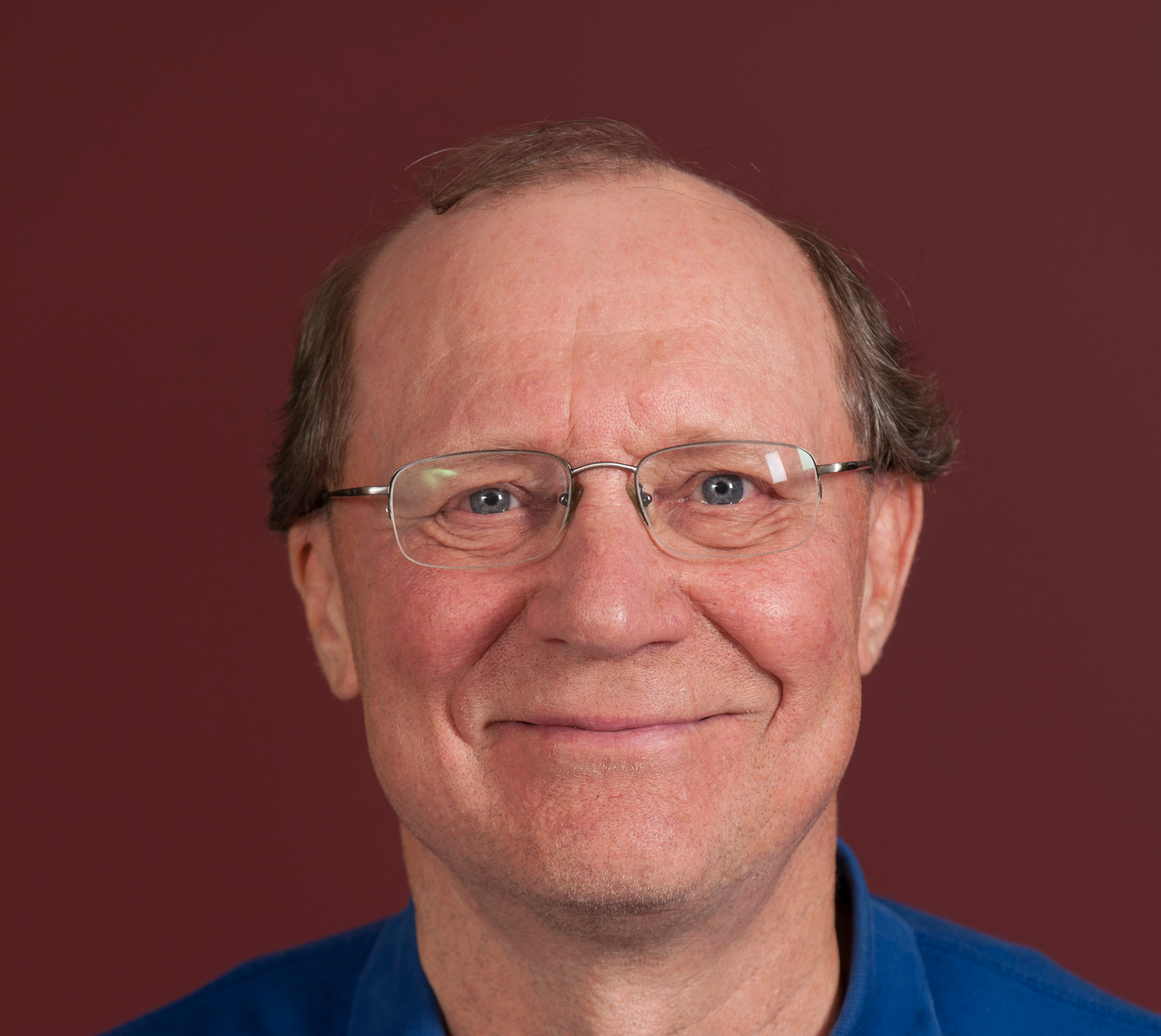
Seppo E. Iso-Ahola
My expertise is mainly based on research on (1) psychology of health and exercise (e.g., why some exercise but most don't) and (2) psychology of human performance (e.g. momentum). In addition, I have expertise in the philosophy of science—what science is/isn't and what it can/cannot do. I have recently (2017, 2020) written two influential papers on the subject matter; one of them having more reads than 97% of all the articles in the number one journal in psychology.
Departments/Units
I am a leading psychologist on the psychology of exercise and health. I have published theoretical and empirical research on why some exercise while most don't. I recently published a theory of conscious-nonconscious processing and getting hard (and easy) things accomplished in everyday life. Along with my experimental work, this and my other papers show that it is the human mind, not the environment, that is both the cause and solution to the global pandemic of physical inactivity.
In addition, my expertise includes the psychology of human performance. I developed a math-based theory of momentum and tested it with an extensive set of data and found strong support for the theory. The theory is one of the most read articles on the topic. It has more reads than 92% of all the articles in the most-cited journal of psychology. I also have expertise in the philosophy of science. My publications deal with the nature of science and the role of replication and reproducibility in the establishment of scientific truth. One of the papers (2017) addresses the issue of "when do psychological phenomena exist," and is one of the most read articles in the leading journal of psychology.
Areas of interest: health, exercise, conscious-nonconscious processing, human performance, momentum, exceptional scientific truth, replication, reproducibility, falsifiability
B.S. 1971 University of Jyvaskyla (Finland)
M.S. 1972 University of Illinois Urbana-Champaign
M.S. 1973 University of Illinois
PhD 1976 University of Illinois
Division Scholar Award (Distinguished University Professor), U of Maryland 1984;
Philipp Merrill Presidential Scholar Award 2018, U of Maryland
Iso-Ahola, S. (2021 ). Toward a theory of conscious-nonconscious processing and getting hard (and easy) things done in everyday life. Psychology of Consciousness: Theory, Research, and Practice, vol. 8, in press.
I so-Aho la, S (2020). Replication and the establishment of scientific truth. Frontiers in
Psychology, vol. 11, 2183, pp. 1-15.
lso-Ahola, S. (2018). Human mind: Both the cause and solution to the global pandemic of physical inactivity. Int. J. Public Health Research, vol. 6, 107-113.
lso-Ahola, S. (2017). Reproducibility in psychological science: When do psychological
phenomena exist? Frontiers in Psychology, vol. 8, 879, pp. 1-16.
lso-Ahola, S. (2017). Conscious-nonconscious processing explains why people some
exercise but most don't. J. Nature and Science, vol. 3, 384, pp.1-16.
lso-Ahola, S & Miller, M. (2016). Contextual priming of a complex behavior: Exercise.
Psychology of Consciousness: Theory, Research, and Practice, 3, 258-269.
lso-Ahola, S. et al. (2016). Improving performance by anchoring movement and "nerves". Human Movement Science, 49, 239-247.
Iso-Aho la, S. (2016). Psychological momentum-A key to continued success. Frontiers in Psychology, 7, 1328, pp. 1-7.
lso-Ahola, S. & Dotson, C. (2014). Psychological momentum: Why success breeds success. Review of General Psychology, 18, 19-33.
lso-Ahola, S. (2013). Exercise: Why it is a challenge for both the conscious and
nonconscious mind. Review of General Psychology, 17, 93-110.